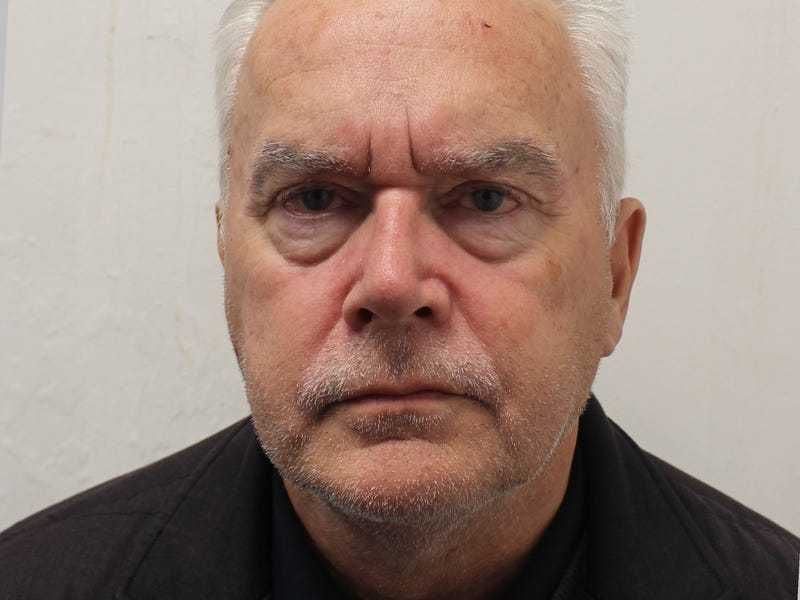
Our life, simply put, is a series of experiences. Life is what your experiences make it. A single day in one’s life is a miniature of one’s entire existence.
If a person is unable to work towards change even for one day, they will not be able to change their life. Therefore, to change your life, you must change each day and every moment. If, instead of making changes now, one claims to be working on change, they are living in a never-ever world.

If one plans to start making changes from tomorrow, they will never change at all because that tomorrow never comes. This is one of the gravest diseases in spirituality. To truly work on changing oneself, one must define their work.
The field of one’s work is today. The real scope is the moment at hand. To change one’s life, one must observe one’s whole self—body, mind, feelings, values, and the way one responds to various situations in life.
Self- understanding is an essential prelude to change, which comes only through observation, introspection and reflection. The true quality of transformative work reveals itself in your reactions to life’s situations. Are you reacting or responding to situations? Reacting involves doing something immediately after an event befalls you; this means the situation dictates your follow-up action.
Responding, on the other hand, is your way of controlling the course of events in your life according to your guiding philosophy. It is your commitment that guides you as you respond. For example, when someone scolds you and you shout back, you are reacting in kind, which means the situation has you under its control.
However, if you pause, reflect on the context of the scolding and the behaviour of the person scolding you, consider what you should do or say, and then act accordingly,you have responded to the situation, meaning you now have control over it. In the latter case, you are bringing your conscious ‘presence’ to the situation. This is response.
True responsibility is the ability to respond. Further, if you are capable of seeing your reactions as mechanical, you are a conscious being, and this proves that you are not a machine. Draw your energy from this consciousness.
At present, you are not anchored in the ‘presence’ of your consciousness. Your ‘I’ is the nature of the machine. Your ‘I’ should be anchored in your consciousness.
Bring this ‘presence’ into your daily activities. It is part of your spiritual exercise to bring consciousness into all activities of life, big or small. What psychologists call ‘reflexivity’ is essentially the same as what we mean by ‘consciousness’, our ability to make ourselves the subject of our thinking and analysis.
This is a distinctly human ability, and it underlies all philosophy and all human sciences. Turn your reactions into responses. Examine whether your thoughts and feelings are pure or filled with negativity.
What is the quality of your voice—steady or tremulous? Is your body relaxed or tense? Can you rid yourself of unnecessary thoughts? How well do you communicate with yourself? Can you inwardly be empty, free from unnecessary thoughts? Observe your self-talk. Find out whether your self-talk guides or distracts you. Use self-talk when it suits you; otherwise, learn to be inwardly silent.
Silence is the key. A change in consciousness is called transformation, which is true change. Transformation involves profiting from what is, rather than expecting what should be.
Join the free online Navaratri celebrations with Swami Sukhabodhananda Ji on October 12. The utsav that begins on October 3 runs until October 12. Contacts: 99017 77003 / 91080 70452.














